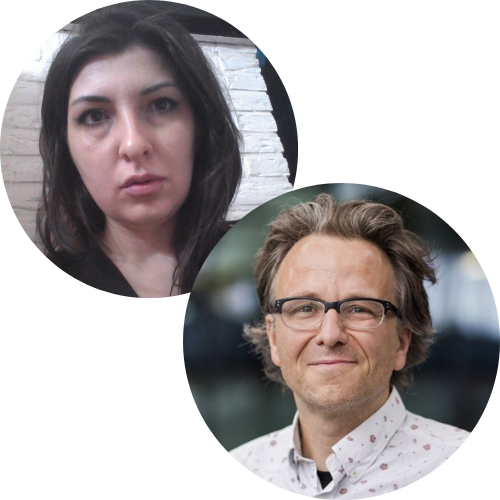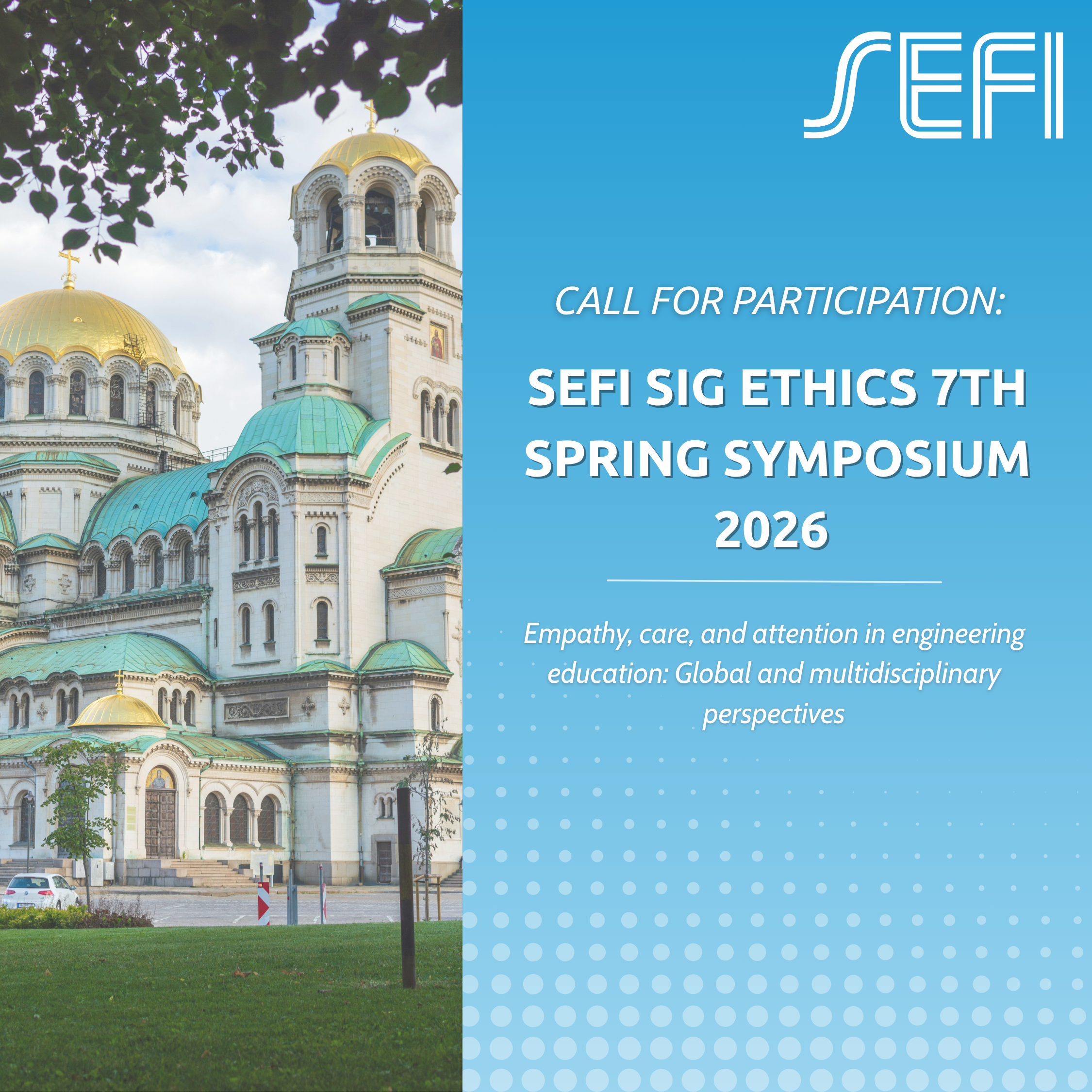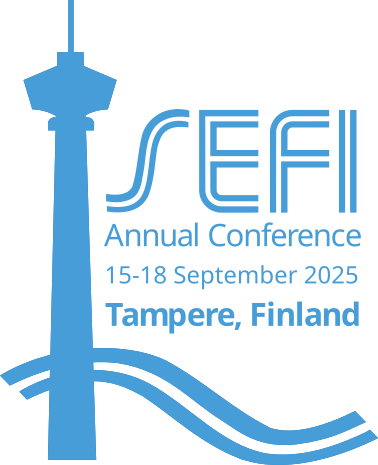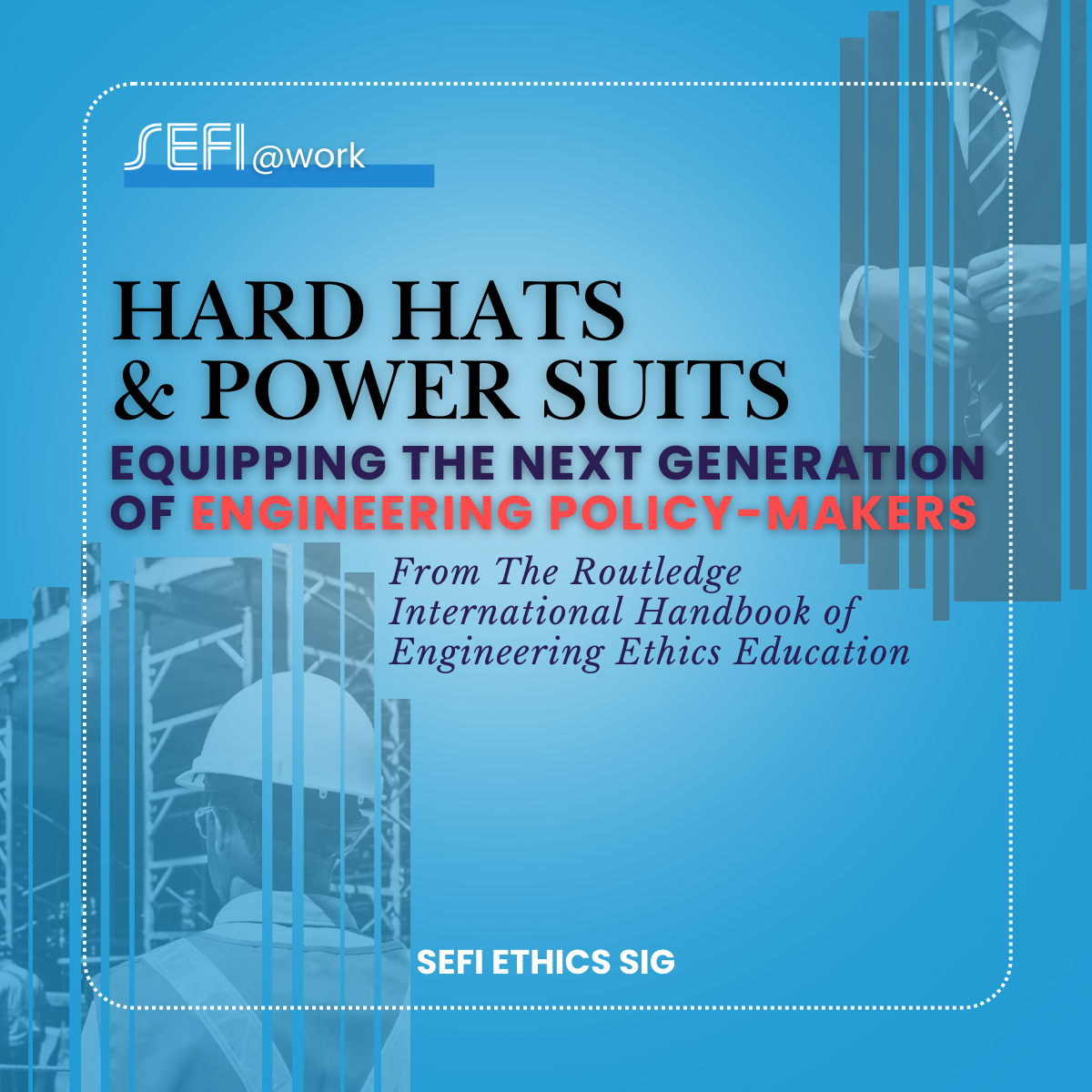Empathy, care, and attention in engineering education: Global and multidisciplinary perspectives Date: 20-24 April 2026 (9:00-17:30…

TU Eindhoven, the Netherlands
Engineers often see themselves as the guardians of the rationality-galaxy. Without rationality, including scientific rigor and engineering efficiency, humanity is completely lost. Corona countermeasures would be up to emotional anti-vaxxers and the world would miss the sustainability opportunities because emotive decisions on nuclear energy are taken.
Underlying is a distinction between rationality and emotion. As Antonio Damasio (1994, 250) put it: “This is Descartes’ error: the abyssal separation between body and mind, between the sizable, dimensioned, mechanically operated, infinitely divisible body stuff, on the one hand, and the unsizable, undimensioned, un-pushpullable, nondivisible mind stuff; the suggestion that reasoning, and moral judgement, and the suffering that comes from physical pain or emotional upheaval might exist separately from the body.” Using this view – mostly implicitly, sometimes explicitly – some engineers and engineering departments avoid emotions for the greater good. They do not only do not want to spend time on this, but they actively try to ignore emotions.
Doing this, they deprive their students of crucial basic needs. Students in STEM courses or engineering education can therefore experience education as cold, as Alberto Bellocchi mentions in Rehumanise technocratic STEM curricula by sharing understandings of emotion. Also, as emotion is linked with rationality (Tuan Pahm, 2007), decision-making, and … ethics, students are less or not supported in their ethical development. Using the theory of social intuitionism on emotions, Dayoung Kim suggests that engineering educators should consider ethics education as a long-term socialization process. Giselle Guanes goes a step further saying that decolonizing engineering education is a possible path towards a more collective, caring, and empathetic field.
All this needs educational methods that Engineering Ethics Education is already experimenting with. Yeşim Korkut states that More emotional engagement in richer learning environments will elevate awareness and understanding of ethical issues and gives several examples hereof. Realising these, however, is not easy. Pia Bøgelund provides an example of Aalborg university and its broad project-based curriculum. To scaffold this, the university developed a workshop menu to support. In her contribution, Pia focuses on Experiences of an online conflict management course to support Project-Based Learning.
Emotions are key in ethics and Engineering Ethics Education in specific should strongly invest in studying and experimenting how to incorporate emotions. Emotions are key in rationality and decision-making and Engineering Education in general should strongly invest in incorporating emotions. This will need emotion and rationality. The Guardians in the rationality Galaxy will need to be open and exercise vulnerability. And they will need A Systematic Review to converge different theories on Emotion for Engineering Ethics Education, as Madeline Polmear explains. For sure (for those older than the Guardians of the Galaxy), Engineering Education has to boldly go where no person has gone before.


